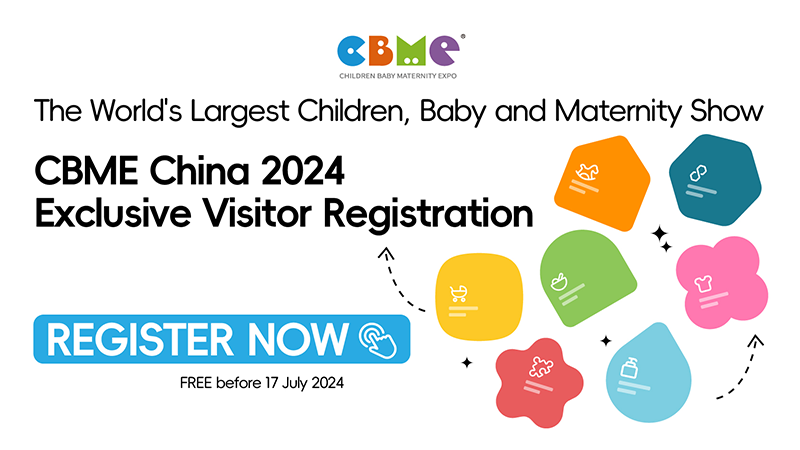What age to put your child into daycare is a personal decision and may depend on many factors, such as your maternity leave, your partner's ability to take time off from work, financial responsibilities and restraints and other available childcare options, such as relatives. If staying home is an option, the longer parents can wait after an infant's birth for placement in daycare is best to allow time for bonding, for the umbilical cord to fully heal, to establish feeding and for other newborn newness on the part of both parent and child to dissipate and to set a routine.
However, since many working mothers have only a six-week maternity leave and their families rely on their income, waiting until the baby is older is not always an option. Most daycares will not take babies under 6 weeks of age. Many institutional-type facilities are not equipped to handle special needs for infants born prematurely or with special medical needs at this very tender age.
When Should I Start Looking for Daycare Providers?
Parents should start looking for daycare providers while you are pregnant. If you know that you will need to go back to work within a certain period of time then start scouting out daycares early. This way you can deal with any problems without also taking care with a newborn, recovering from birth and dealing with the emotions of returning to work.
What Factors Should I Look for in a Daycare Provider?
When checking out daycares, it is important to ask be sure to ask a lot of questions about whether the daycare center is licensed, what are the staff qualifications, what is the ratio of babies-to-providers and what is the structure of the day..
It is important for parents to be comfortable and confident of their newborn's care while they are work.
Babies thrive in situations where they have a lot of one-on-one attention from a single caregiver so in-home care is great at this stage because there are a small number of babies per caregiver, and the caregiver can respond to the babies need quickly.
The ratio recommended by the National Association for the Education of Young Children is one adult to three babies, birth to 12 months, in a group of six. Establishing attachment and trust to caregivers is very important for babies 0-18 months. Continuity of care is the most important aspect at this stage. Babies need time to develop an attachment to and trust in their carer. Babies also need a clean and safe environment as they start to explore the world around them.
An ongoing study conducted by the National Institute of Child Health and Development reported that childcare doesn’t threaten the bond between infants and their mothers, as long as a baby is getting sensitive positive care at home. Infants can thrive in childcare as long as the conditions include plenty of attention, affection, playful interaction with caregivers and rich language experiences. A quality caregiver will be sensitive to a baby's needs, feel comfortable expressing affection towards babies and understand child development stages.
Considering Various Childcare Options
Parents should also consider other childcare options, such as hiring a nanny or professional caregiver or taking your infant, at least until your baby is older. Look at the pros and cons of various childcare options, such as cost, flexibility, attention for your baby and other factors that may be important to you.
The first few days and weeks after putting your baby in another provider's arms may be very difficult. You may feel worried, scared or jealous. All these feelings are normal and as you become more comfortable with the childcare providers and see that your baby is cared for, you will begin to feel better about the decision. However, if you have a bad feeling, trust yourself. You are not married to any childcare situation. Do what is best for you and your family. The good news is that there are a lot of options available for parents to make informed choices and know their baby will receive quality care.
Source: Verywell






